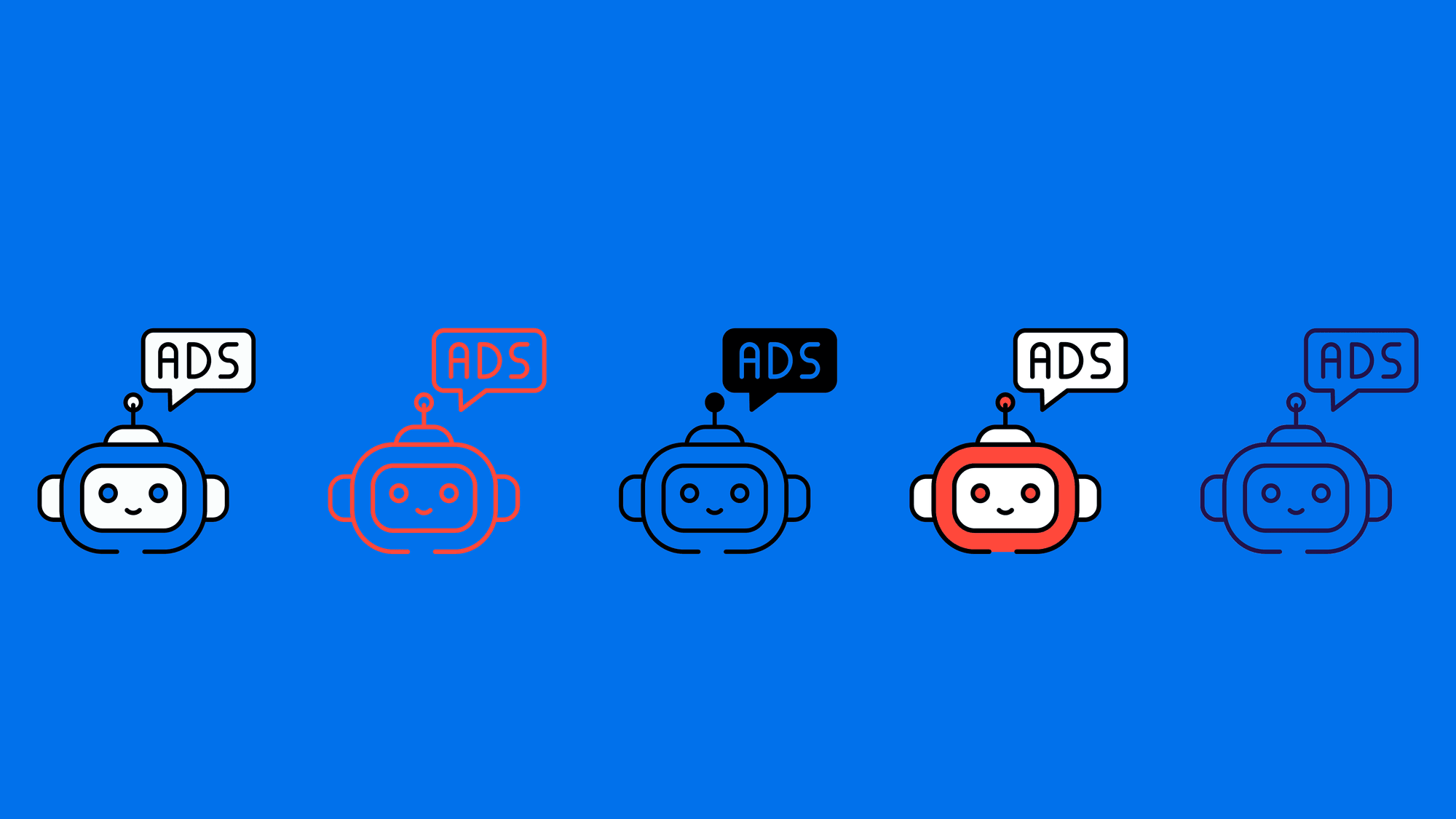Beware the Uncanny Valley: why human‑written copy resonates more than AI

Just as we can recognise a human-written piece of marketing, we’re now becoming familiar with the tell-tale signs of AI written copy, and we’re treading dangerously close to the Uncanny Valley – not only is it unsettling, but it’s risking customer disconnect.
In first place for ‘AI definitely wrote that’, we have the em-dash.
This piece of punctuation is now synonymous with ChatGPT. Whether or not you used AI to write your LinkedIn post, throwing in an em dash—ChatGPT’s signature punctuation—might spark suspicion and speculation about who really authored it.
(See what I did there?)
But what is it about this that frustrates us in marketing?
At the core: a lack of emotion and care.
We’re consuming content that is very almost human, but not. And, on the whole, we don’t like it.
As noted in Psychology Today:
We feel it in emails that sound sterile, messages that hit all the right notes but none of the right feeling, and leadership communication that's technically correct, but emotionally vacant.
And on top of this, using ChatGPT to compose marketing emails sent to thousands of customers is just lazy, and feels like an after-thought.
And this can be applied to a myriad of marketing efforts, not just customer emails. Think marketing campaigns, landing pages, newsletters, emailers, radio adverts, the list can go on.
And when customer loyalty is so vital for brand success, this is a big no-no for brands.
The Uncanny Valley and AI content

Ever seen the Polar Express and felt the animation was eerily human? Or, perhaps, a video of a robot with a silicon face that looks too close to real life? That uneasy sensation you feel is what’s known as the Uncanny Valley.
It was coined in 1978 by Masahiro Mori, a robotics professor, in Japanese, translated as the ‘Uncanny Valley’.
Our brains are wired to distrust an AI that either looks or sounds too close to (but not quite) human. While this impacts some more than others, brands using AI tools should take this into serious consideration.
Crucially, AI is a tool that we can use for the heavy-lifting

AI can help us with structuring our work, finding relevant sources and information, but when it comes to the actual writing part, we want to know that a human being has put thought and consideration into what they’re sharing with us.
Because who wants to feel like they’re just one out of a long list of recipients being sent the same mass email ‘guff’? And yes, we all know that we aren’t receiving a specialised email. But that doesn’t mean brands should treat their audiences as interchangeable.
If it’s clear that care and consideration has gone into creating the content, our feelings toward the brand will strengthen.
Emotional appeal marketing: The magic of the human touch

When it comes to factual communications, AI can be useful. After all, there is not much emotion required. Therefore, we’re less likely to spot AI influence (or care).
But emotional appeal marketing is completely different. It relies on human connection to forge relationships and brand loyalty. And for this, you can’t count on the success of Ai generated content. Your content needs to feel genuine, nuanced and personalised.
A 2025 study published in Humanities & Social Sciences Communications found that:
In the case of emotional appeal advertisements, human endorsement is more effective than virtual endorsement in enhancing consumers’ trust and significantly contributing to advertising effectiveness.
In short – people can often tell when it’s AI. They can sniff out the inauthenticity, which then impacts brand trust. And low brand trust means lower ROI which is, no surprises here, bad for business.
The key takeaway?
Creative teams who understand the buyer journey, the specific target audience, the context of the brand and the market and all other variables and nuances, are essential.
While AI is a powerful tool, it’s a man-made tool. And when we veer into the Uncanny Valley, things can feel a bit off. Content that feels rehearsed can feel soulless and disconcerting. And ultimately, your brand will suffer the consequences.





